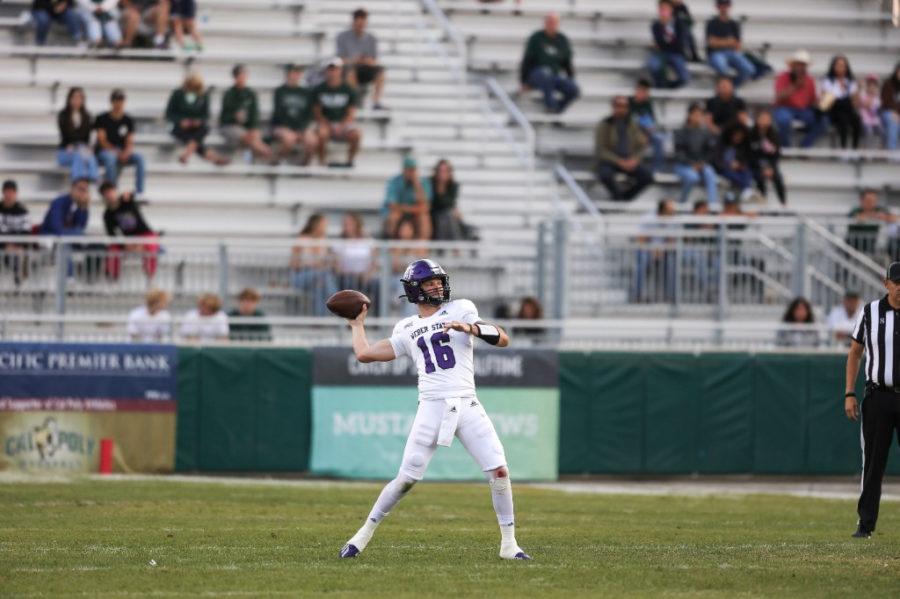
Summer is here in full force and does not seem to be letting up anytime soon– just ask my most recent sunburn and the constant band of sweat on my forehead if you have any doubts.
During summer, it is important to be aware of the damage the sun can do and just how quickly it can happen. Here are some important tips and tricks to remember as we trek through these hotter months.
First things first, don’t underestimate the power of sunscreen. It will help protect you from a nasty burn; however, you must remember to reapply it as needed.
There is nothing worse than being sweltering hot with a sunburn, so pick out a sunscreen with an appropriate SPF for your skin type and lather it on when you go outside.
In addition to sunscreen, clothing such as long-sleeved sun shirts, hats and sunglasses can also protect sensitive skin from burns.
If you do get a burn, remember to treat the burn and avoid sun until the sunburn is healed. If you must go back into the sun for work, keep the burn covered with clothing.
Another thing that cannot be stressed enough is water, water and water. Drink water, splash cool water on your face or perhaps enjoy a couple of ice chips.
It is important to keep water handy during summer in order to prevent dehydration, especially if you are participating in an outdoor activity such as swimming or hiking.
According to the Mayo Clinic, mild to moderate dehydration can cause a dry mouth, headache and sleepiness. Severe dehydration, on the other hand, will present symptoms such as shriveled skin that does not return to normal shape when pinched, a rapid heartbeat and in some of the most serious cases, delirium.
While mild dehydration can usually be treated at home by drinking fluids, water or Gatorade should do the trick as long as it’s not ice cold, it is important to seek medical attention if any signs of severe dehydration are present.
The Centers for Disease Control and Prevention, or CDC, said that it is important to focus on prevention when dealing with extreme heat.
It is recommended by the CDC to avoid doing outdoor activities during the day, especially from 10:00 a.m. to 2:00 p.m. when the heat is most intense, and instead working or playing in the early morning or evening.
Summer also brings about many family gatherings, so it is important to note that the CDC recognizes that young children, adults over 65 and those who are physically or mentally ill are more at risk for developing a heat-related illness.
By keeping indoors when heat is extreme, drinking fluids to stay hydrated and using proper protection when in the sun both dehydration and sunburns should be easily avoidable; however, if you find yourself a little pink, remember to stock up on Aloe vera and a giant jug of water.



















